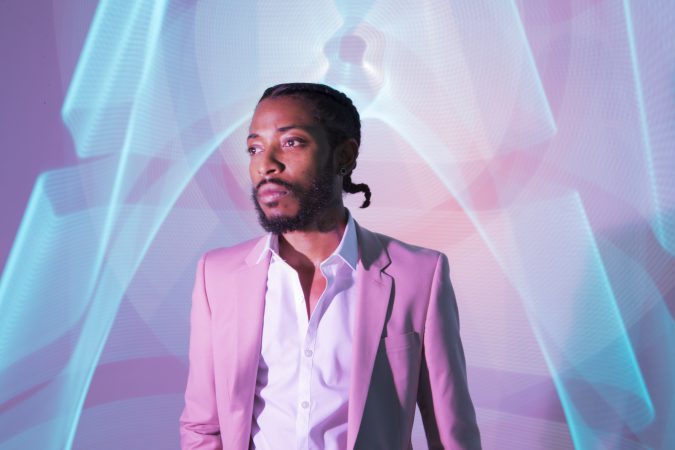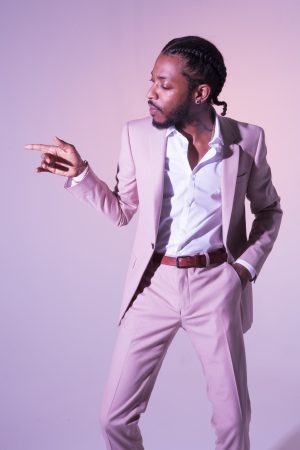The Chicago Defender’s Black Music Month Special Edition
The Boy Illinois | @theboyillinois
 As a small child, William Gilbert Dalton was surrounded by music in his home; with his musician father belting out soulful tunes on his piano and his sister taking their father’s lead. His earlier memories of copying Michael Jackson’s dance moves as a toddler planted the seed at an early age of the true definition of what world-class showmanship personifies.
As a small child, William Gilbert Dalton was surrounded by music in his home; with his musician father belting out soulful tunes on his piano and his sister taking their father’s lead. His earlier memories of copying Michael Jackson’s dance moves as a toddler planted the seed at an early age of the true definition of what world-class showmanship personifies.
Throughout his youth, he came to experience cultural differences throughout his academic learning—attending school between the suburbs and Chicago, but eventually graduated from Mt. Caramel High School. At the encouragement of his parents, he attended the University of Illinois at Chicago where his passion for creating music and becoming an artist would become a full-time commitment; primarily influenced by Master P. music videos and later his neighborhood hero, Bump J.
His fans know him as The Boy Illinois and for the past few years, he has built a strong following on the Chicago indie circuit with several releases, taking him on the tour with Lupe Fiasco. Just recently, he has entered into a distribution partnership with rap label powerhouse Priority Records for his new single, “Dancing Like Diddy”.
How did you start out in music?
I was born in music. My dad was a musician. He plays the piano, sings and he had a band early on. My sister under him, also sings, and plays the piano. When I was young, they had videos of me in my underwear singing Al Jarreau and I was 3 years old. Earth Wind and Fire, Sade and others we listened to on the weekend cleaning the house. I came up in the church and began singing in the choir as well, where I worked my way up to being a lead singer. Puberty hit and my voice changed and I couldn’t sing that way anymore.
 Who influenced you coming up in music other than your family? This was something I can do as a profession without the possibility of having a daytime job?
Who influenced you coming up in music other than your family? This was something I can do as a profession without the possibility of having a daytime job?
It was probably Bump J who really made me want to go forward. I was in high school. I was living over East so he was a very big influence coming up in that neighborhood. Just seeing the wave, how everybody was super influential. The energy he brought to the city. I really want to do this and I could do this full time.
What part of Bump J’s musical influence rubbed off on you?
Somebody from the community doing something like signing with Atlantic Records was big. Being able to go out and touch somebody and say, ‘what’s up’ and then seeing them as one of the biggest up and coming artists—working with people like Kanye West. This is possible. It was just an infectious energy.
Is it important to stay independent so long before you decided to consider major label distribution?
Definitely because that wave came in during a time where streaming is so prevalent and at time where you can reach your audience very easily. People just naturally hold out because they see the power they have. Out of that you can create a bigger reward. The offer goes up and the anty goes up. Once folks saw that Chance got in, they thought, ‘I’m going to try to do the same thing’. Once it started with Keef, everybody kind of cringed when he signed with Interscope Records because he could’ve done this himself. I may not do a complete deal, but I might do X, Y, and Z differently.
What does Black music mean to you?
It means a lot. I’m very big on paying homage to the elders before me because if it wasn’t for them, there wouldn’t be ‘The Boy Illinois’. We take from the music of the past to create what we have today. Music is vibration and they were putting out a better vibration back then. Since then, the vibration has been lowered over the years; especially live instrumentation.
I have the Taste of Chicago coming up on July 5. There, we’ll be performing with a live band, tap dancing and good stuff coming. It’s very important to know and study your history because it makes you better in whatever craft you pursue.
Follow Mary L. Datcher on Twitter
